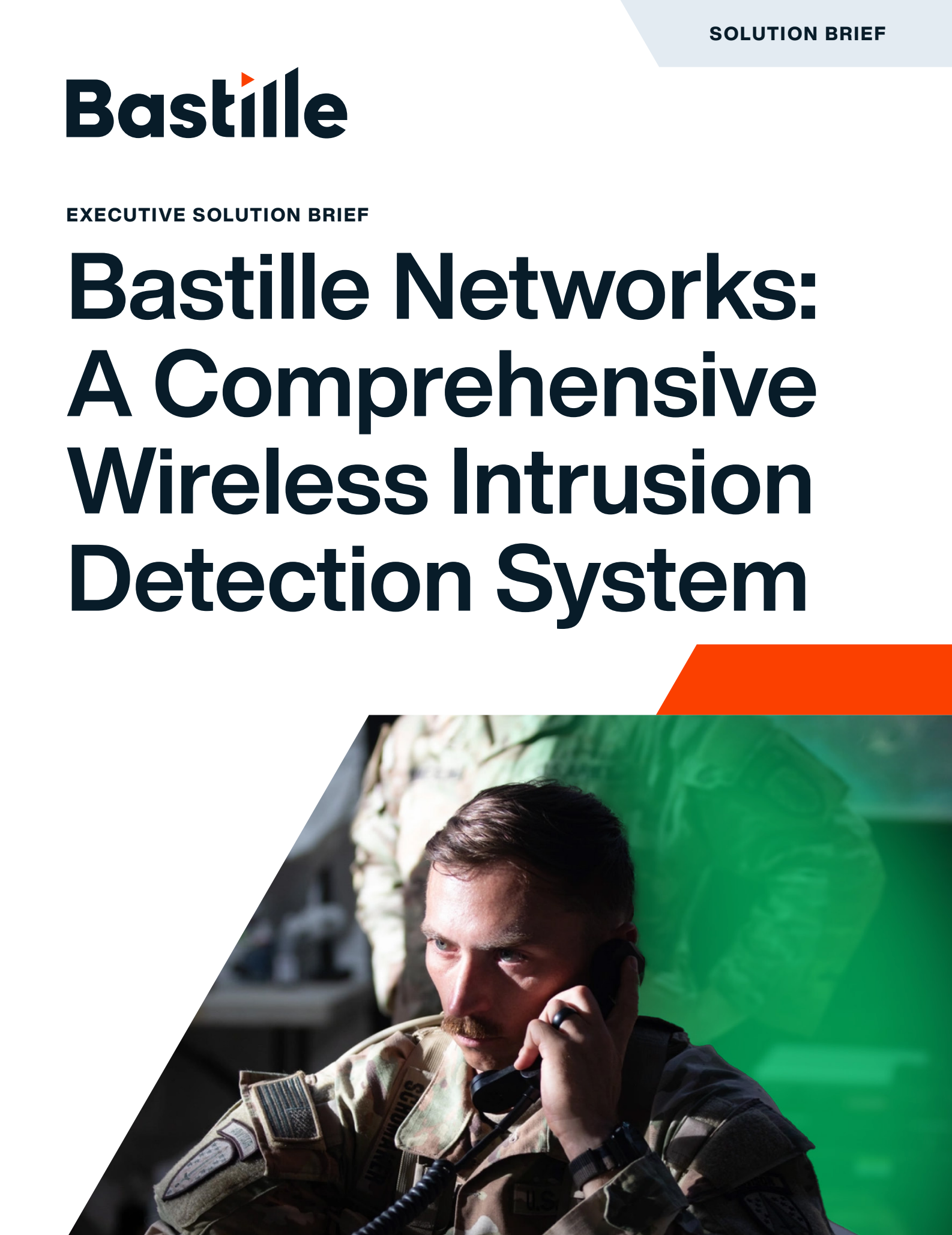Recent RF Hack on Dallas Emergency System Underscores the Need for Governments and Enterprises to Protect Their Radio-Configurable Critical Infrastructure
SAN FRANCISCO, Calif. – April 13, 2017 – Bastille, the leader in enterprise threat detection through software-defined radio, has issued a warning in the wake of the recent radio frequency (RF) hacking of the Dallas emergency system that set off more than 150 weather sirens citywide for more than 90 minutes. According to Dallas officials, the hack was conducted through radio frequencies. As a result of the incident, Bastille is urging governments and enterprises to reassess their current security posture to ensure their radio-configurable critical infrastructure is protected.
“The Dallas hack should serve as a warning that radio frequency is a productive entry point for hackers to carry out far more serious attacks on critical infrastructure. Bastille is dedicated to working with governments and enterprises to address vulnerabilities within their corporate airspace and infrastructure, and to secure the entire RF spectrum to prevent these types of attacks from occurring. Our Bastille Audit solution is the first step in that process.”
Said Chris Risley, CEO, Bastille.
The Bastille Audit solution was created to help security teams identify the current RF threats and vulnerabilities in their environment. It includes a 30-day review and detailed report of an enterprise’s corporate airspace and reveals potential cyber-threats for data exfiltration and industrial system compromise. Additionally, Bastille Audit inventories the wireless IoT devices within an organization that could be incorporated by a hacker to carry out an attack against a 3rd party.
Bastille Audit provides:
-
Inventory – Show radio-capable devices in the environment
-
Insight – Detail the threat capabilities of those devices
-
Threat Scan – Alert on active threats
-
Situational awareness – a real-time dashboard into the RF events occurring in your facility
Bastille was recently awarded Phase One of a program to develop Internet of Radios security by the Department of Homeland Security, Science and Technology Directorate. The company is initially surveying wireless protocols used in critical infrastructure applications such as power plants and water treatment facilities, to ensure they are optimized and free of potential vulnerabilities.
Bastille is the first company to offer a complete security solution for the Internet of Radios, providing full visibility into the known and unknown mobile, wireless and Internet of Things devices inside an organization’s corporate airspace. It helps secure enterprises and government organizations through its patented software-defined radio and machine-learning technology that senses, identifies and localizes threats. Bastille scans the entire radio frequency (RF) spectrum, gaining visibility into devices that operate on more than 100 distinct protocols and allowing for a preemptive response.
For more information on Bastille, visit www.bastille.net and follow them on Twitter @bastillenet and LinkedIn.
About Bastille
Bastille is the leader in enterprise threat detection through software-defined radio. Bastille provides full visibility into the known and unknown mobile, wireless and Internet of Things devices inside an enterprise’s corporate airspace–together known as the Internet of Radios. Through its patented software-defined radio and machine learning technology, Bastille senses, identifies and localizes threats, providing security teams the ability to accurately quantify risk and mitigate airborne threats that could pose a danger to network infrastructure. For more information, visit www.bastille.net and follow them on Twitter @bastillenet and LinkedIn.
Contact
Noe Sacoco
LMGPR
408.340.8130
noe@lmgpr.com

